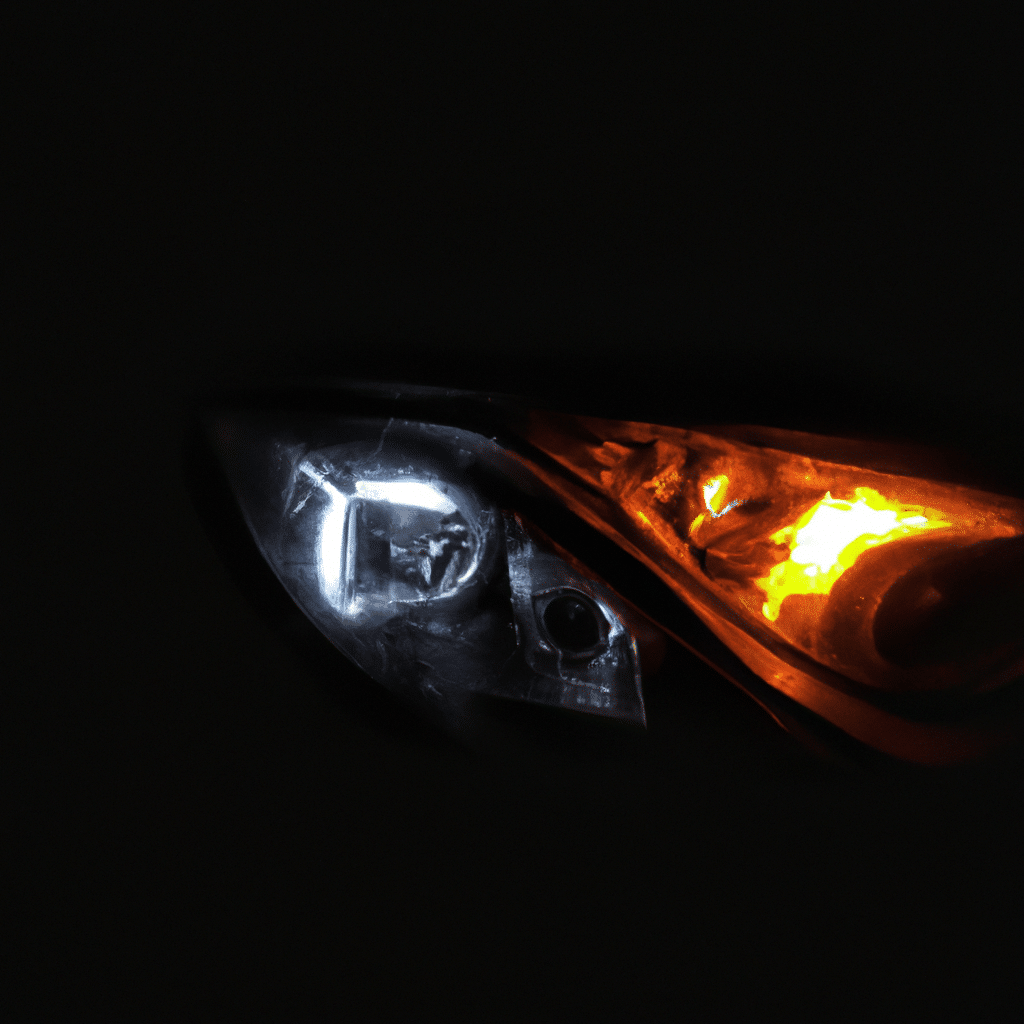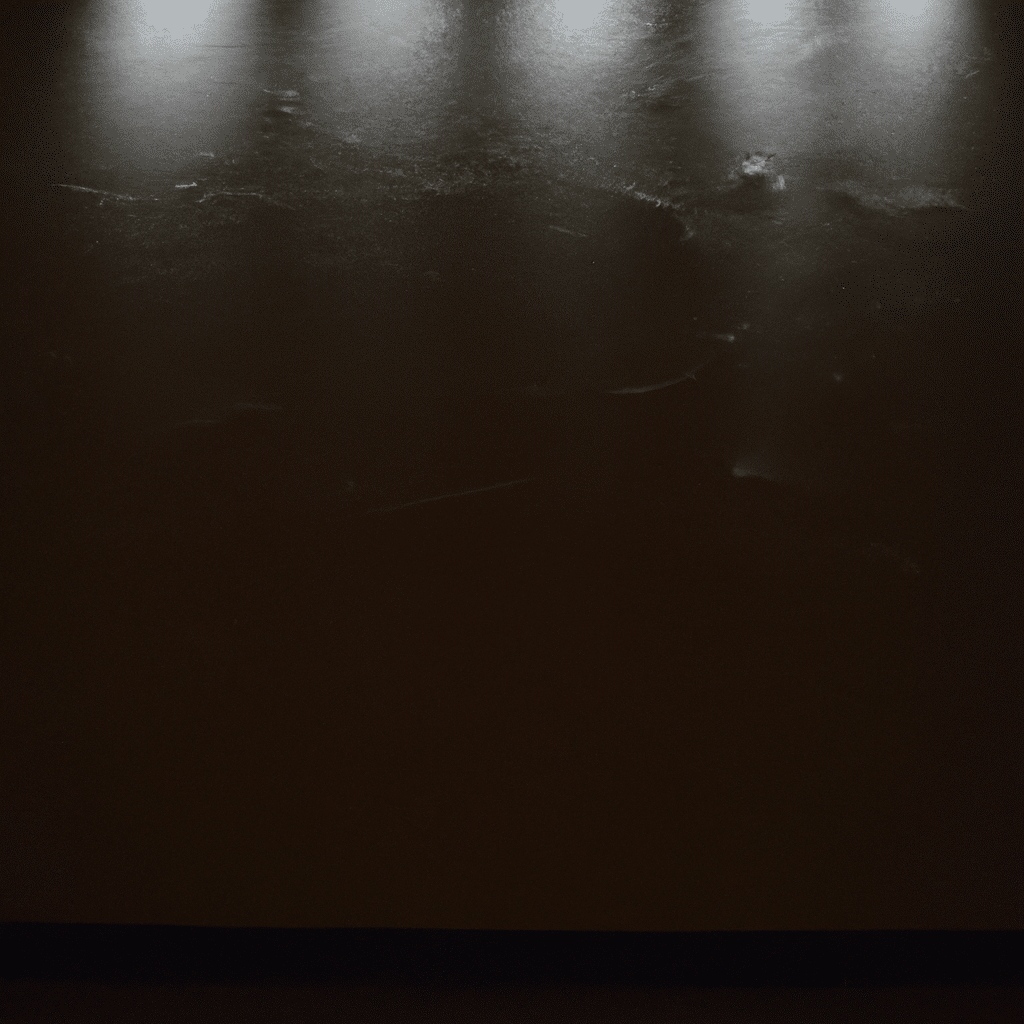We all know that sleep is crucial for our health and well-being. It helps us rest and recharge, allowing us to be more productive and focused during the day. However, with technology becoming an integral part of our lives, blue light has become a common culprit for sleep deprivation. In this article, we will discuss how blue light affects your sleep and what you can do about it.
What is Blue Light?
Blue light is a type of light that is emitted from electronic devices such as smartphones, tablets, and computers. It is a high-energy light that has a short wavelength, making it more stimulating than other types of light. This type of light is also present in sunlight, which is why we feel more alert and awake during the day.
How Blue Light Affects Your Sleep
Blue light can interfere with your body’s natural sleep cycle by suppressing the production of melatonin, a hormone that regulates sleep. When you are exposed to blue light, your brain is tricked into thinking that it is still daytime, which can make it difficult for you to fall asleep at night. This can lead to sleep deprivation, which can have a negative impact on your health and well-being.
The Link Between Blue Light and Insomnia
Insomnia is a common sleep disorder that affects millions of people worldwide. It is characterized by difficulty falling asleep, staying asleep, or both. Many studies have shown that blue light exposure can contribute to insomnia. In fact, a study conducted by the National Sleep Foundation found that people who use electronic devices before bedtime have a harder time falling asleep and are more likely to wake up feeling tired.
Blue Light and Its Impact on Children
Children are particularly vulnerable to the effects of blue light. Their eyes are still developing, and the lenses in their eyes are more transparent, allowing more blue light to penetrate their retina. This can disrupt their sleep patterns and affect their overall health and well-being. The American Academy of Pediatrics recommends that children avoid electronic devices for at least one hour before bedtime.
What You Can Do to Reduce Blue Light Exposure
Thankfully, there are several things that you can do to reduce your exposure to blue light and improve your sleep:
- Use a blue light filter on your electronic devices. There are several apps and programs that you can download that will reduce the amount of blue light emitted from your devices.
- Use a red light bulb in your bedroom. Red light has the least impact on melatonin production and can help you fall asleep faster.
- Avoid using electronic devices before bedtime. Try to give yourself at least an hour of screen-free time before you go to bed.
- Invest in blue light blocking glasses. These glasses can help reduce your exposure to blue light and improve your sleep quality.
Conclusion
In conclusion, blue light can have a negative impact on your sleep quality and overall health and well-being. It is important to take steps to reduce your exposure to blue light, especially before bedtime. By following the tips outlined in this article, you can improve your sleep quality and wake up feeling more rested and refreshed. Remember, a good night’s sleep is crucial for your health and well-being, so make it a priority in your life.



